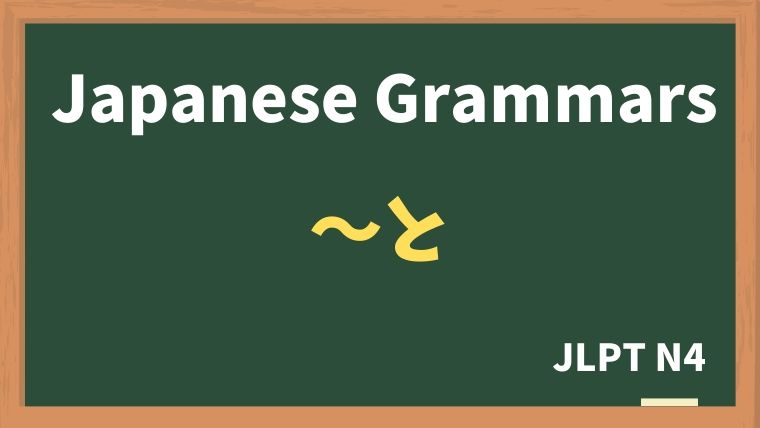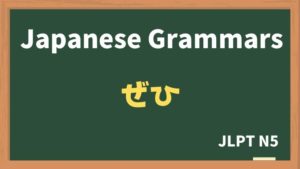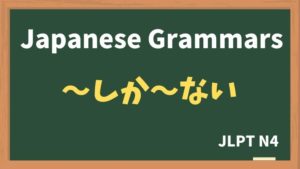
Explanation:〜と
fa-check-circleMeaning
"Whenever A happens, B happens too."
Used to indicate a natural or automatic result that follows when a certain condition is met. It’s commonly used to describe what happens as a consequence or result of a particular action.
fa-check-circleForm
V(dictionary form)+ と + + Result: Describes what happens when a certain condition is met.
Points
- Cause and Effect: 〜と shows that when a specific action or condition occurs, it leads to a certain outcome, often naturally or automatically.
- Non-Intentional Results: The outcome that follows 〜と is usually not something directly controlled by the speaker. Rather, it describes something that will happen naturally or is a fixed fact.
- Present Tense for Certainty: This structure is commonly used in the present tense, making it suitable for general truths, fixed sequences, and predictable outcomes.
fa-check-circleJLPT Level
N4
fa-check-circleNotes
- Automatic or Predictable Results: 〜と is often used to express a result that is expected to happen each time, making it perfect for describing instructions, routines, or general facts.
- Involuntary Outcomes: Unlike some other conditional forms, 〜と does not allow for intentional actions or requests in the result clause (like using 〜ましょう or 〜たい).
- Fixed Sequence: This structure is often found in guides, instructions, or to explain the function of mechanisms or devices.
Sample sentenes
このボタンを 押すと チケットが 出ます。
If you press this button, the ticket will come out.
このボタンを 押すと ドアが 開きますよ。
If you press this button, the door will open.
中に 入ると 電気が つきます。
If you enter here, the light will turn on.
これを 右に まわすと 音が 大きくなります。
If you turn this to the right, the sound will be louder.
まっすぐ 行くと 病院があります。
If you go straight, you will see a hospital.
彼と 話すと 元気になります。
Whenever I talk with him, I feel uplifted.
Vocabulary
| Japanese | English |
| おす | to press / to push |
| でる | to come out |
| あく | (something) opens |
| でんき | light |
| みぎ | right |
| まわる | to turn |
| おと | sound |
| はなす | to talk |
Comparison with Related Expressions
〜たら: 〜たら can be used more flexibly for hypothetical or future conditions, and it allows more varied outcomes, including intentional actions and requests.
〜ば: While also conditional, 〜ば has a less certain implication than 〜と and may imply a more optional or less automatic consequence.






